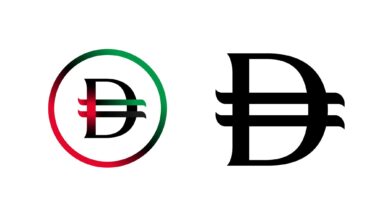Blockchain Association Provides Recommendations for US Crypto Tax Legislation

The Blockchain Association, a U.S.-based cryptocurrency advocacy group, has submitted recommendations to lawmakers regarding potential legislation on how digital assets are taxed.
In a letter dated September 8 and addressed to U.S. Senators Ron Wyden and Mike Crapo, the Blockchain Association expressed support for the Keep Innovation in America Act, a bill aimed at revising reporting requirements for taxpayers involved in cryptocurrency transactions. The association emphasized the need for legislative symmetry between the taxation of crypto and traditional assets, as well as clarity regarding income earned from staking and mining cryptocurrencies.
Several of these recommendations align with those put forth by the crypto advocacy group Coin Center in August, including the establishment of a de minimis threshold to exempt certain crypto transactions from tax reporting requirements. The letter was submitted by the Blockchain Association on the final day the U.S. Senate Financial Services Committee accepted responses following a request made in July.
The letter urged the committee to develop deliberate, well-balanced legislation addressing taxation issues specific to digital assets. It emphasized the importance of avoiding legislation that provides less favorable tax treatment for digital assets compared to traditional assets and instead suggested focusing on leveling the playing field.
The Blockchain Association also suggested that Senators Wyden and Crapo oppose a digital asset mining excise tax proposed by the Biden administration. They argued that this tax could hinder the growth and development of the cryptocurrency industry. The proposal, part of U.S. President Joe Biden’s fiscal year 2024 budget, includes a 30% excise tax on the electricity consumed by crypto miners.
The call for clearer cryptocurrency tax guidance from U.S. lawmakers came after an IRS announcement in July that staking rewards should be reported as gross income in the year they are received, introducing new standards for U.S. taxpayers in 2024. The IRS typically treats the buying, selling, and exchanging of crypto assets as capital gains and losses, with mining rewards subject to similar requirements.





